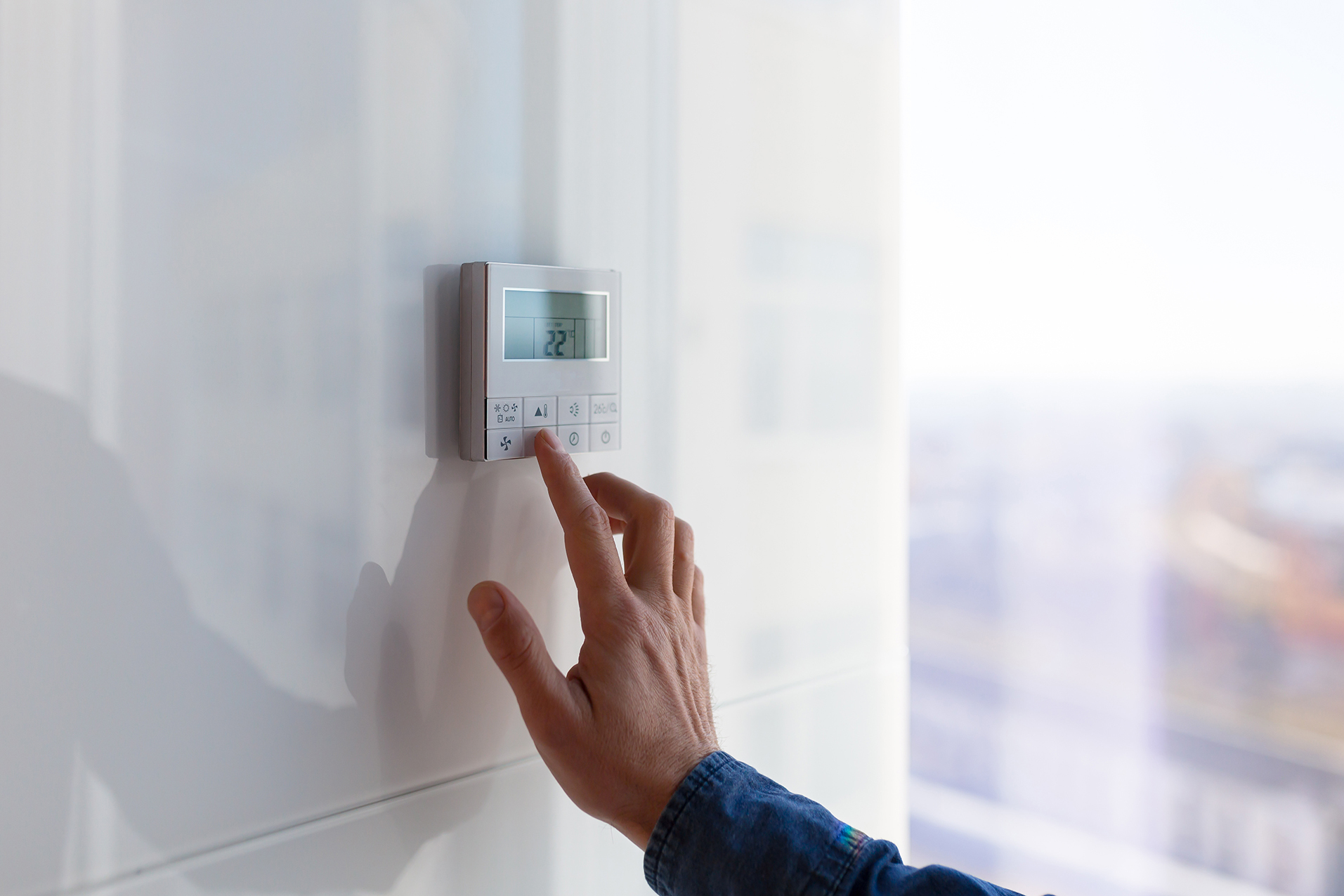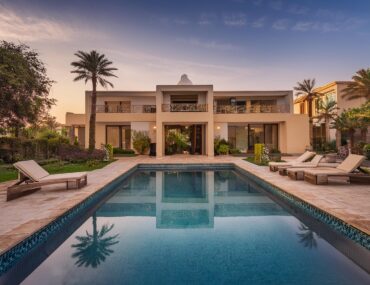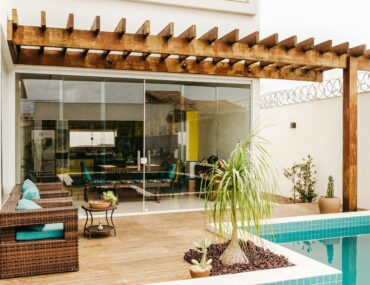When summer hits in Egypt, air conditioning isn’t a luxury — it’s almost a necessity. With temperatures regularly climbing past 40 degrees Celsius, finding the right cooling system for your home or workplace becomes a serious decision. And if you’ve been weighing your options, you’ve probably come across the two main types: central air conditioning systems and normal (or split-unit) air conditioners.
Each comes with its own set of pros and cons, and what works best really depends on your space, budget, and lifestyle. Let’s break down the differences in a way that makes sense, especially for those living in Egypt’s unique climate and housing landscape.
What is Central Air Conditioning?
Central air conditioning is a system that cools air at a central location and then distributes it throughout the building via a series of ducts. These systems are often installed in larger homes, villas, or office buildings and are designed to cool multiple rooms simultaneously.
What is a Normal Air Conditioner?
In Egypt, when people say “normal AC,” they’re usually referring to split-unit systems. These are the ones you see mounted on walls, with a compressor unit placed outside the building. Each unit is designed to cool a specific room or area.
Installation and Setup
Central AC:
Installing a central air conditioning system is a big project. It requires ductwork, a large compressor, and careful planning. This often makes sense in new constructions or large-scale renovations, where you can integrate the system into the building structure from the start.
Split Units:
On the other hand, split ACs are much easier and quicker to install. They don’t need ductwork, which makes them a popular choice in apartments, especially in older buildings that weren’t designed with central cooling in mind.
Cost: Upfront and Long-Term
Central AC:
The initial cost of central AC is significantly higher. You’re paying for the system itself, the ductwork, and installation. However, if you’re cooling a large space, it can be more efficient in the long run. Central systems also tend to last longer if maintained well.
Split Units:
Split units are more affordable upfront. But if you need to install multiple units for different rooms, the cost can add up. They can also be less energy-efficient if not used wisely.
Central systems can reduce energy costs in the long term by offering zoned cooling, but only if your home is properly insulated.
Energy Consumption
This is where things get interesting, especially with Egypt’s electricity prices rising in recent years.
- Central AC systems can be more energy-efficient when cooling large spaces or entire homes. They often come with smart thermostats and zoning features that allow you to control the temperature in different areas.
- Split units are better for targeted cooling. If you only need to cool one or two rooms, a split system will usually consume less electricity.
The key is usage. If you live alone and mostly occupy one room, central AC might not make sense. But if you’ve got a family and everyone is in different rooms with separate split units running, you might actually end up using more electricity overall.
Maintenance
Central AC:
Maintenance is usually more involved. You’ll need to service the ducts, filters, and compressors regularly. If something goes wrong, it might take longer (and cost more) to fix.
Split Units:
These are simpler to maintain. Regular cleaning of filters and occasional servicing usually does the trick. Repairs are generally quicker and cheaper.
However, having multiple units also means more individual maintenance tasks. One unit breaks, it’s manageable. Three break at once? That’s a hassle.
Aesthetics and Space
One thing that often gets overlooked is how AC systems impact your living space.
- Central systems are mostly hidden. You won’t see much beyond vents in the walls or ceilings.
- Split units, while getting sleeker, are still visible. You’ll need to work around them when decorating.
In homes with high design standards or minimalist aesthetics, central systems might have an edge.
Noise Levels
Split units have become quieter over the years, but they still make some noise — especially the outdoor units. Central AC systems, on the other hand, tend to be quieter indoors since the compressor is usually far from the living areas.
In areas like Cairo or Alexandria, where buildings are close together, outdoor unit noise can also become a concern for neighbors.
Suitability for Egyptian Homes
Egypt’s housing varies widely — from compact apartments in Nasr City to sprawling villas in Sheikh Zayed. Here’s how the systems fit in:
- Apartments: Split units are the norm. They’re easy to install, cost-effective, and don’t require major renovations.
- Villas and larger homes: Central AC makes more sense here. You get consistent cooling throughout the home and avoid the clutter of multiple units.
- Old buildings: These can be tricky for central systems due to the lack of duct infrastructure. Split units are usually the safer bet.
Weather Considerations
Egypt’s dry heat is a blessing and a curse. On one hand, it’s easier to cool than humid heat. On the other, dust is a major issue, especially in desert or suburban areas.
Central systems with high-quality filters can help keep indoor air cleaner, but only if maintained properly. Split units, while easier to clean, often don’t filter air as thoroughly unless you invest in models with advanced features.
Environmental Impact
No AC system is completely environmentally friendly, but efficiency makes a difference.
- Newer central systems with inverter technology and eco-friendly refrigerants can reduce carbon footprints.
- The same goes for modern split units — but again, having many of them can offset the benefits.
Final Thoughts
There’s no one-size-fits-all answer. If you live in a small or medium-sized apartment and only use one or two rooms regularly, split units will likely meet your needs without draining your wallet. But if you’re building a new villa or renovating a large home, central AC can offer better comfort and aesthetics.
Either way, consider how you actually live — not just what seems better on paper. Think about your daily routine, the rooms you use most, and your long-term plans. And no matter which system you choose, proper maintenance and smart usage go a long way.
Still unsure? Talk to a technician who can assess your space and give recommendations based on your specific needs. It’s worth the chat before making such a big decision.



